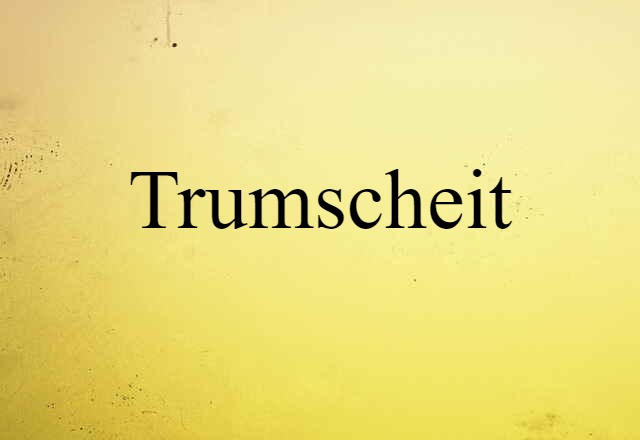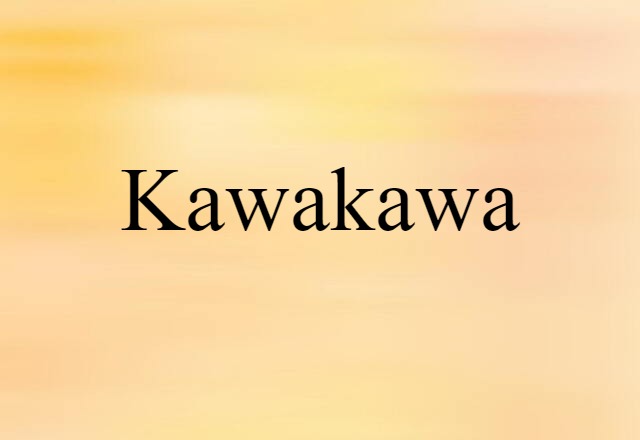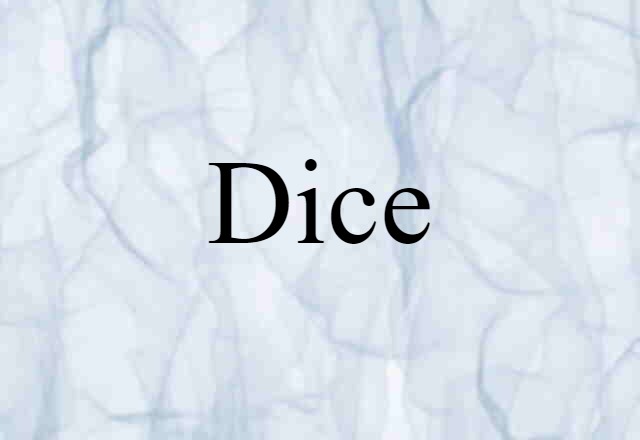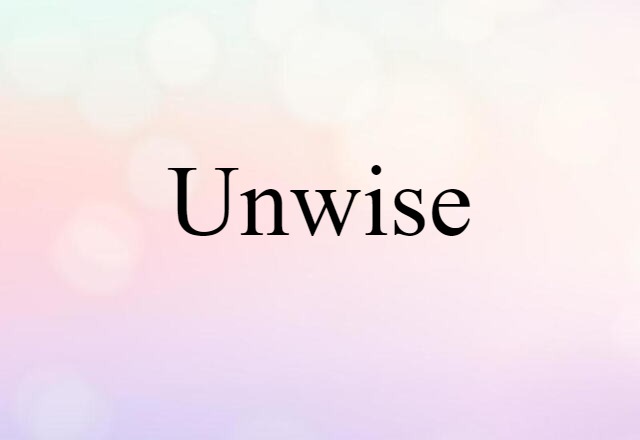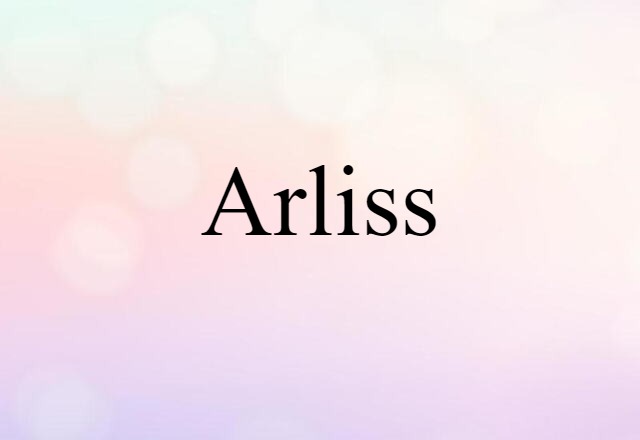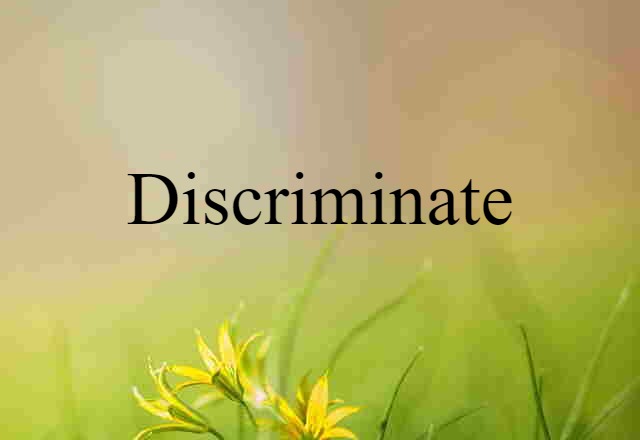- nominative plural of I.
- (used to denote oneself and another or others): We have two children. In this block we all own our own houses.
- (used to denote people in general): the marvels of science that we take for granted.
- (used to indicate a particular profession, nationality, political party, etc., that includes the speaker or writer): We in the medical profession have moral responsibilities.
- (used by a sovereign, or by other high officials and dignitaries, in place of I in formal speech): We do not wear this crown without humility.
- (used by editors, writers, etc., to avoid the too personal or specific I or to represent a collective viewpoint): As for this column, we will have nothing to do with shady politicians.
- you (used familiarly, often with mild condescension or sarcasm, as in addressing a child, a patient, etc.): We know that's naughty, don't we? It's time we took our medicine.
- (used in the predicate following a copulative verb): It is we who should thank you.
- (used in apposition with a noun, especially for emphasis): We Americans are a sturdy lot.
- refers to the speaker or writer and another person or other people
- refers to all people or people in general
- when used by editors or other writers, and formerly by monarchs, a formal word for I 1
- (as noun)
- used instead of you with a tone of persuasiveness, condescension, or sarcasm

More Definitions
- TRUMSCHEIT (noun) Definition, Meaning & Examples
- INDORSE (noun) Definition, Meaning & Examples
- KAWAKAWA (noun) Definition, Meaning & Examples
- ENCKE'S DIVISION (noun) Definition, Meaning & Examples
- OPERATION DESERT STORM (noun) Definition, Meaning & Examples
- SALTIER (noun) Definition, Meaning & Examples
